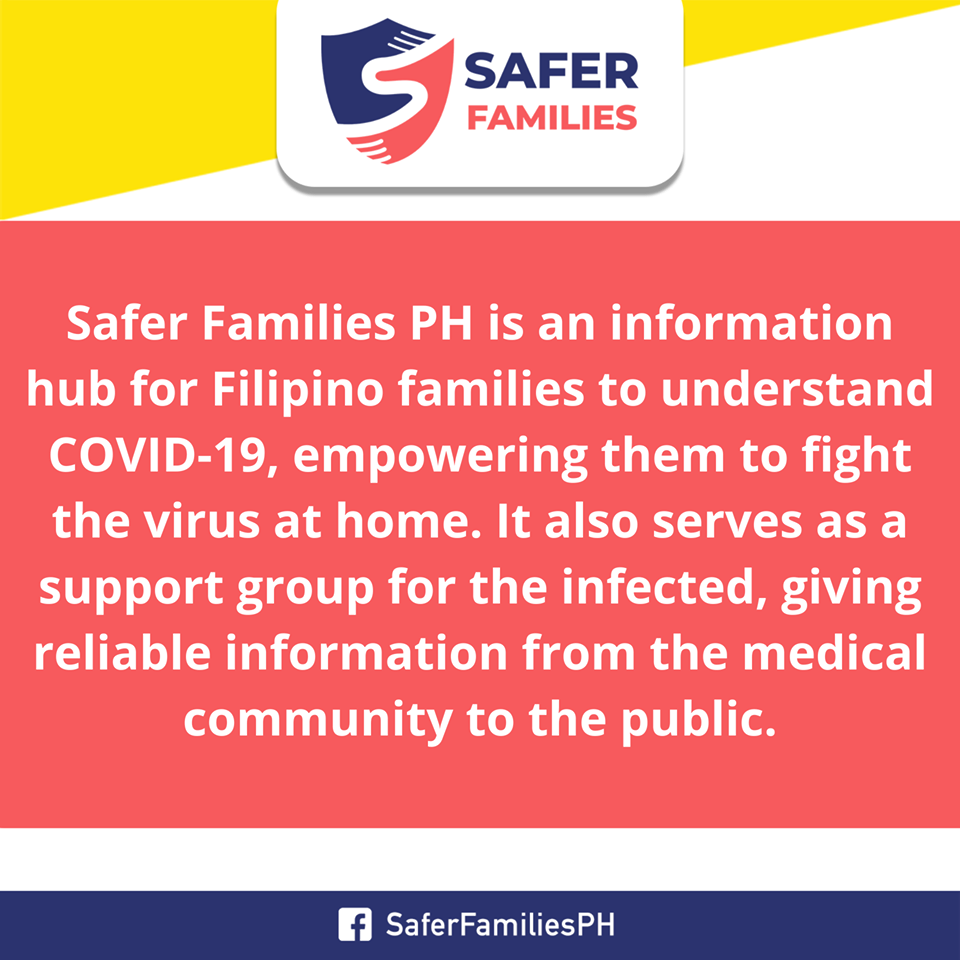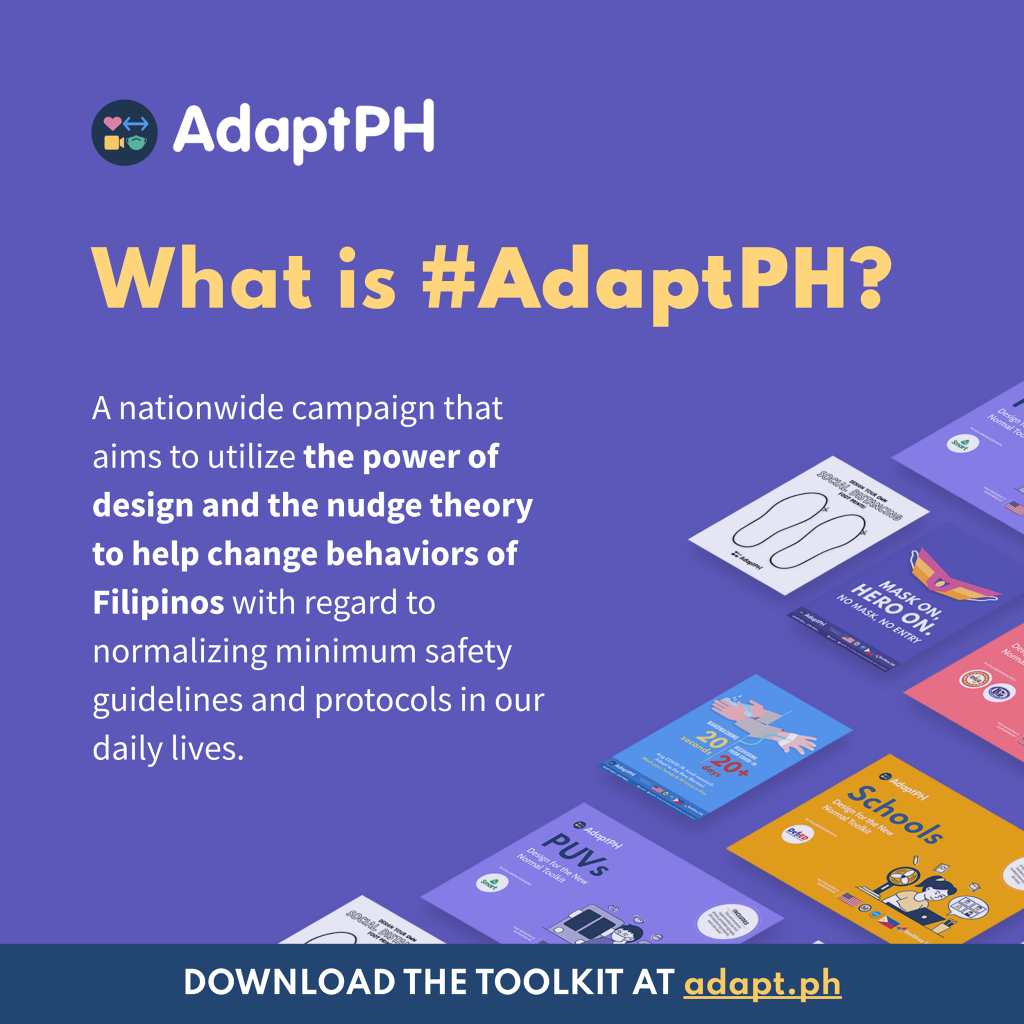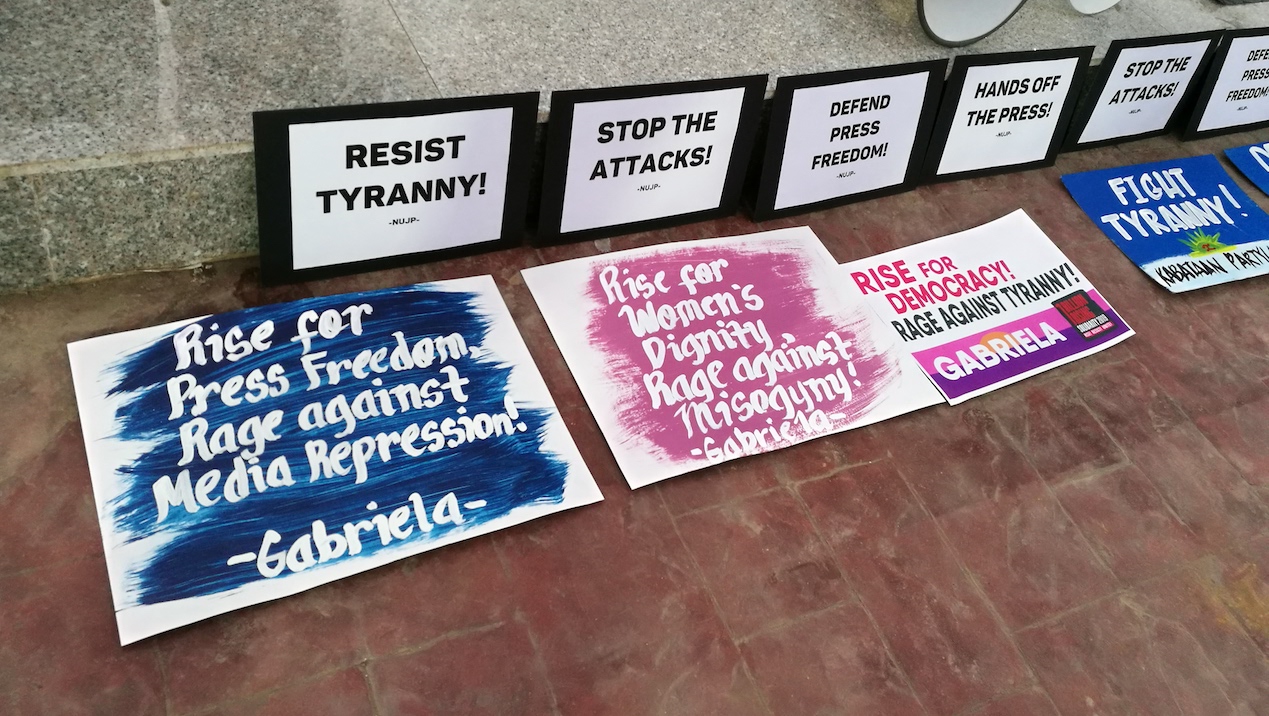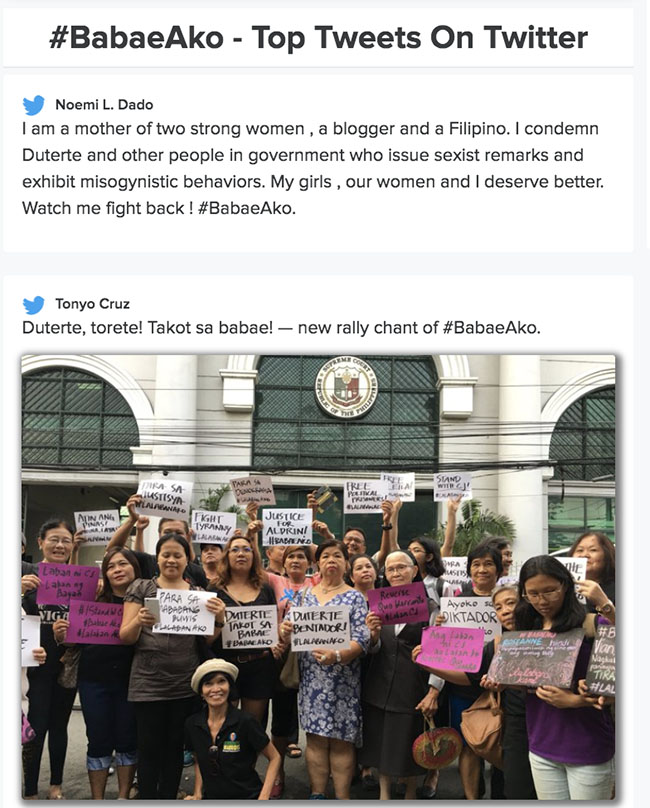Helping ourselves, helping our community
Helping ourselves, helping our community was first published at the Sunday Business & IT on August 23, 2020
You and I are in this long journey, but together we could adapt and get more involved. Let me share four advocacies from private groups or individuals that could be of help in our respective communities. These are Safer Families PH, Adapt PH, LGU vs Covid PH and Support Group for Displaced Workers Due to Covid-19.
Safer Families PH (Facebook.com/SaferFamiliesPH) started out as a private group of volunteers named Juan Against Covid-19 Help for Filipino Families. The page stemmed from the story of my niece, Dr. Arielle Dado. Some family members, including herself, got infected with the coronavirus disease 2019 (Covid-19), leading to the sudden demise of her mother on July 31. Even while in isolation, she would gather the critical medicines and interventions for her mom at the intensive care unit ward with the help of a network of friends and relatives.
From this experience of grief, the group conceived an information hub that allows families to understand Covid-19 and empowers them to fight the virus at home. It also serves as a support group for the infected, giving reliable information from the medical community to the public.
For sure, the Department of Health (DoH) and World Health Organization (WHO) provide a wealth of information but needs to be more accessible. The DoH’s Facebook Messenger account only provides the latest data and a Covid-19 tracker, while the WHO’s website and Facebook page share news and some infographics without visitors’ interaction. Sometimes it is hard to search for infographics since they get pushed down by other updates.
Adapt PH (Adapt.ph) is a nationwide campaign that uses the power of design and the nudge theory to help change behaviors of Filipinos regarding the coronavirus minimum safety guidelines. The alumni of the US Department of State-sponsored Young Southeast Asian Leaders Initiative launched this campaign to encourage Filipinos to observe public protocols to mitigate the spread of the disease. Free downloadable information kits for local governments, public transportation operators, public markets and small businesses to help implement proper physical distancing, sanitation and hygiene practices are available.
It also offers learning toolkits and guides for school administrators, teachers, parents and students on effective strategies for maximizing online learning. Nudge Theory is a concept that seeks to influence someone’s behavior toward something positive. One could share the colorful posters, which serve as visual cues to nudge bystanders to perform certain actions, making it into a habit that they could share to their friends and families.
LGU vs Covid PH (Lguvscovid.ph) is an information portal designed to equip local government officials and staff with updates, innovations, and best practices for our battle against Covid-19. The portal was first started by Golda and Caryl Benjamin as a Google site after the implementation of the enhanced community quarantine in Luzon, with support from volunteers. An important resource is the Local Isolation General Treatment Areas for Covid-19, which is an essential component in breaking the chain of virus transmission. It is not a hospital, but an isolation facility that connects to a wider health care system. Another resource is the Recommendations on Community-based Management on Covid-19, where one module involves case finding and contact tracing, which describes how communities could prevent the spread of Covid-19 through community mobilized and people-centric case finding, contact tracing and isolation.

Support group for displaced workers
(Facebook.com/groups/opportunitiesfordisplacedworkers/) is a group initiated by Sonnie Santos for displaced workers to find new opportunities and help mitigate underemployment and unemployment because of Covid-19.
He envisioned the group to house displaced employees, companies that are hiring and organizations that have a program to retool and retrain those who want to take part in the gig economy.
Many individuals and groups are out there helping communities, just within your reach on social media. Statistics would show that the coronavirus disease could be mild to most of the population.
When the coronavirus hits close to home, the statistical percentages are not so low anymore compared to those who have not been infected. A death in the family showed us there is a vast community of helpers out there. Being aware of Covid-19 information and resources go a long way in helping our community, especially when pooled together. Be involved.





